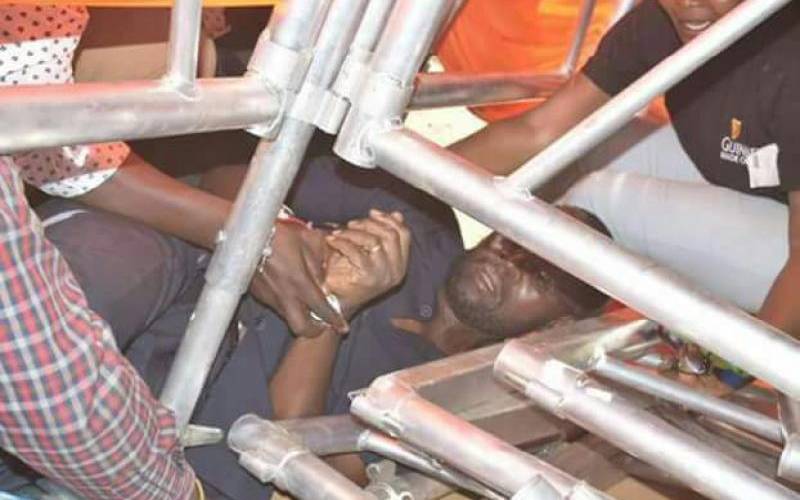×
The Standard e-Paper
Fearless, Trusted News

From an accounting teacher in a mission school to cane farming politics and then to first governor of Migori, Zachary Okoth Obado has walked a tightrope to the peak of his career.
At St Josephs Rapogi School in Uriri, he christened his pampered bicycle "Mercedes", and rode it in gumboots which he would dump behind the deputy principal's office for the official moccasin.